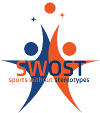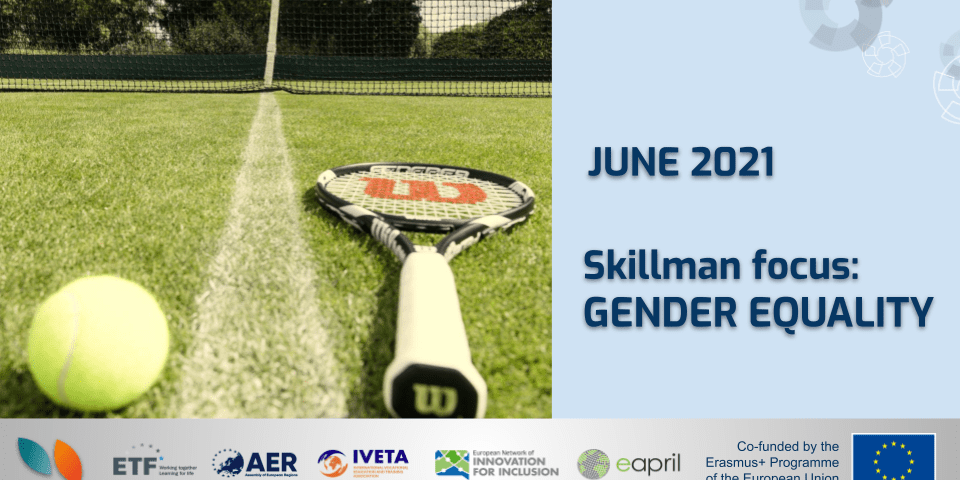Despite the positive developments in recent decades and the fact that formal equality does exist in most European countries, gender inequalities still persist in many aspects of the sports world, from doing sport to coaching or administration, media representation, and at all levels – in grassroots sport as well as in elite sport. Progress remains slow and fragmented in this area.
In order to better compare, coordinate, and manage actions as well as policies programmes in promoting gender equality in sport, the following tools were developed and made available:
- “ALL IN: Towards gender balance in sport” is a European Union (EU) and Council of Europe (COE) joint project (1 March 2018 – 31 October 2019). Its aim is to provide support to public authorities and sports organisations when designing and implementing policies and programmes addressing gender inequalities in sport, and when adopting a gender mainstreaming strategy.
- The toolkit “How to make an impact on gender equality in sport: All you need to know” provides information, concrete tips, good-practice examples and strategies to put into practice a gender mainstreaming approach to achieve equality between women and men in sport
- SWOST- self-assessment tool – it is a self-assessment online tool able to guide sports associations. The online tool will redirect users – in a customized manner – to existing tools, good practices and resources applied in other geographical or sectorial contexts, also with important goals of progressive networking and capacity building of the actors involved at all levels.
- European Chart of Women’s Right in Sports is addressed to sports organisations and federations, sports participants, supporter groups, public authorities, EU institutions, and all organisations that may have a direct or indirect impact on the promotion of “sport for all” and particularly for campaigning in favor of equal opportunities between women and men in the sport. This Charter about gender equality in sport is addressed to all people without any distinction of culture, religion, age, mental and physical capacities, sexual orientation, or social standing. It is important to emphasize that this Charter embodies universal values of equity and it provides specific measures to reinforce gender equality policies for targeted groups.



